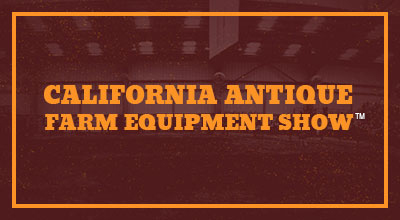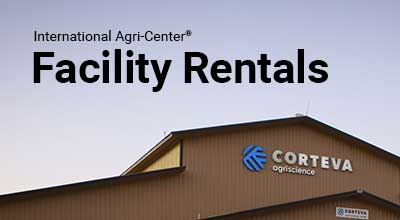An all‐electric Hummingbird® Vehicle‐to‐Vehicle (V2V) charging tender truck was delivered to Moonlight Companies last week to begin its field testing phase. This vehicle is the complementary unit to provide in-the‐field charging for Hummingbird® all‐electric tractors.
It’s been a year since HummingbirdEV debuted its first all‐electric powertrain systems in farm equipment at the World Ag Expo® in 2020. Since then, four Hummingbird® 65HP tractors have been in field‐testing working around farms, through harvest, and around the processing plant at Moonlight Companies in Reedley, California. The tractors were previously being charged via a Hummingbird® stand‐alone charger. But now, they can be recharged directly in the field, eliminating round‐trips back to the charging station; a big advantage ‐ especially during harvest.
The V2V unit is equipped to charge up to two Hummingbird® electric tractors simultaneously in the field in 30 minutes. When the V2V runs low on power, it is driven back to its Hummingbird® charging station and be recharged. It has a battery pack capacity of 88 kWh and charging power up to 40 KW (at Level 2 AC Charging). The maximum charging time for the V2V vehicle is two hours, to an 80% State of Charge (SoC) depending on the grid voltage and current.
This Class 6 V2V truck is quick on the go, has a maximum speed of 60 MPH, and a range of 90 miles per charge. When fitted with a flatbed, it can also be used as a utility truck, with a gross vehicle weight rating of 26,000 lbs.
The HummingbirdEV team is made up of seasoned electric‐vehicle designers and engineers who, at other companies, designed and built the electric powertrain systems used in all‐electric delivery trucks for companies including Frito‐Lay and UPS – large, high‐usage battery‐electric vehicles that drive hundreds of miles each day and are still on the road today ten years later. This dynamic engineering and electric thinktank group, including Rakesh Koneru and Vinay Jayachand, have also designed and built all‐electric systems for public transportation, mining equipment, and more – and their electric powertrains are working around the world every day.
HummingbirdEV’s initial all‐electric powertrain and vehicle prototypes for farming applications are partially funded through a California Air Resources grant awarded to and administered by the 501(c)(3) non‐profit Project Clean Air, Inc. (Bakersfield, CA) with funding coming from California Climate Investments for the San Joaquin Valley Electric Tractor Development and Demonstration Project. The farming partners that are or will test the zero‐emission equipment include Moonlight Companies, Fresno State AG Farm and Ranch Management. These farming partners are and will rigorously field‐test the HummingbirdEV all‐electric tractors and vehicle‐to‐vehicle class 6 mobile electric charging truck, with assistance from the Fresno State Transportation Institute.
Manufacturers of farm equipment with an interest in using these types of all‐electric technologies in their tractors or trucks ‐ or if you would like to see the Hummingbird® all‐electric tractors and Vehicle‐to‐Vehicle charging tender truck in action ‐ please contact HummingbirdEV directly for further details.
###
HummingbirdEV is a developer and manufacturer of 100% all‐electric powertrains, vehicles, and charging stations based in Livermore, CA. Visit them at World Ag Expo® Online at http://bit.ly/WAE21-HummingbirdEV.
Project Clean Air, Inc. is a 501(c)(3) non‐profit organization which strives to enhance the community by improving air quality through education and collective action throughout the San Joaquin Valley and Eastern Kern County.
The San Joaquin Valley Electric Tractor Development & Demonstration project is part of California Climate Investments, a statewide initiative that puts billions of cap‐and‐trade dollars to work reducing greenhouse gas emissions, strengthening the economy and improving public health and the environment — particularly in disadvantaged communities. California Climate Investments also creates a financial incentive for industries to invest in clean technologies and develop innovative ways to reduce pollution.




